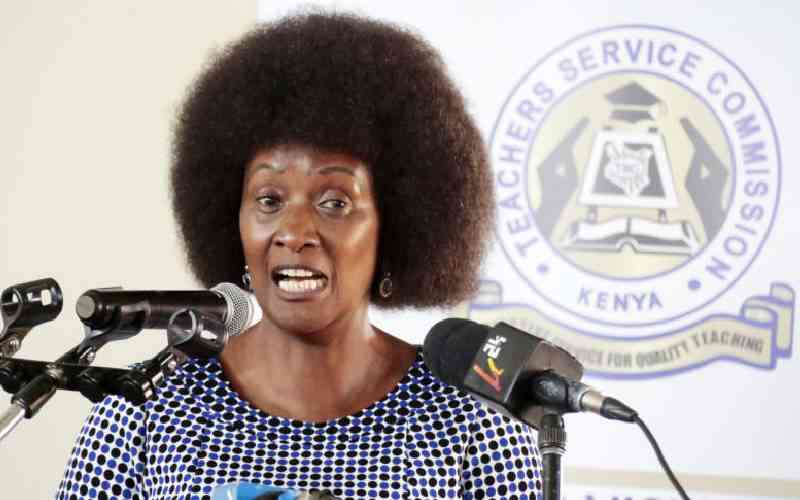×
The Standard e-Paper
Kenya’s Boldest Voice

The Kenya National Union of Teachers (Knut) made a formal request to have guidelines for the interviews administered to teachers in December 2023 and January 2024 made public.
This was done late in the day through social media platforms. Teachers kept asking for interpretation of the same so that they could understand what was expected of them.